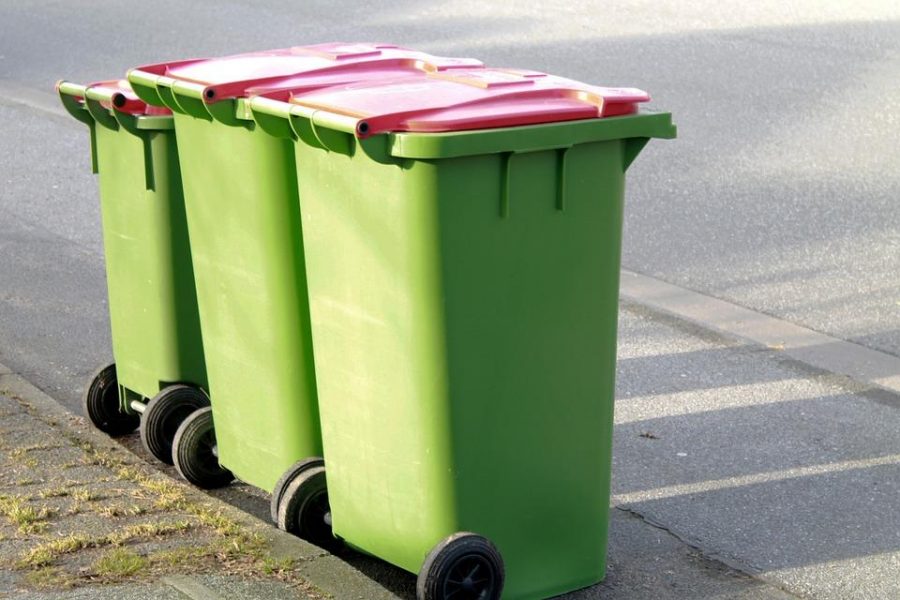We live in a society of convenience. It’s easier to throw away paper plates than to do the dishes. Buying fast food is much easier than growing food. Society is so fast-paced that we constantly make shortcuts for ourselves in exchange for immediacy. The sad fact is, we are short-changing our planet in the long run.
This “throw away” culture we’ve created is a survival tactic in this fast-paced ultra-competitive capitalist system that runs on our time and efficiency. Every day we are exceeding the carrying capacity of our planet because we have engineered ourselves, our food, our medicine — our very existence — into an unsustainable time bomb that threatens the ultimate survival of our species.
We no longer manufacture products to withstand time. We manufacture products with short lifespans to make a quick dollar. In total, we move more than three times as much sediment and rocky material than all of the world’s rivers, glaciers, wind and rain combined, according to geologist James Syvitski of Instaar, University of Colorado Boulder. Humans are unnatural forces outcompeting the natural world.
We are not taught the value of precious metals, plastics and petroleum because we know them as abundant and disposable. We blithely think products are not made to last and petroleum is available to burn. We are handed disposable coffee cups, plastic bags and excessive packaging. We take from the land without conscience and consequence. It is time for our society to change the social paradigm and begin to reduce, reuse and recycle.
Smartphones are designed to last 4.7 years, but only 1 percent of old phones are ever recycled. We take for granted the rare materials that allow us this luxury. The majority of us discard our devices at the end of their life spans and don’t think twice about how recycling old electronics could free up valuable rare earth materials: copper, gold, palladium and platinum.
Time is valuable and is something demanded of us by our employers, families, social networks and even country; we often forget the environmental sacrifices made for our modern conveniences. Every fiber you wear, every food you eat, every medicine you take, every item you place in your garbage can has environmental repercussions. While the aim of this article is not to impose guilt, it is with hope that I plant this seed for revolution. I look forward to a future where we disassociate from a throw away culture and instead embrace a culture of educated consumerism.


